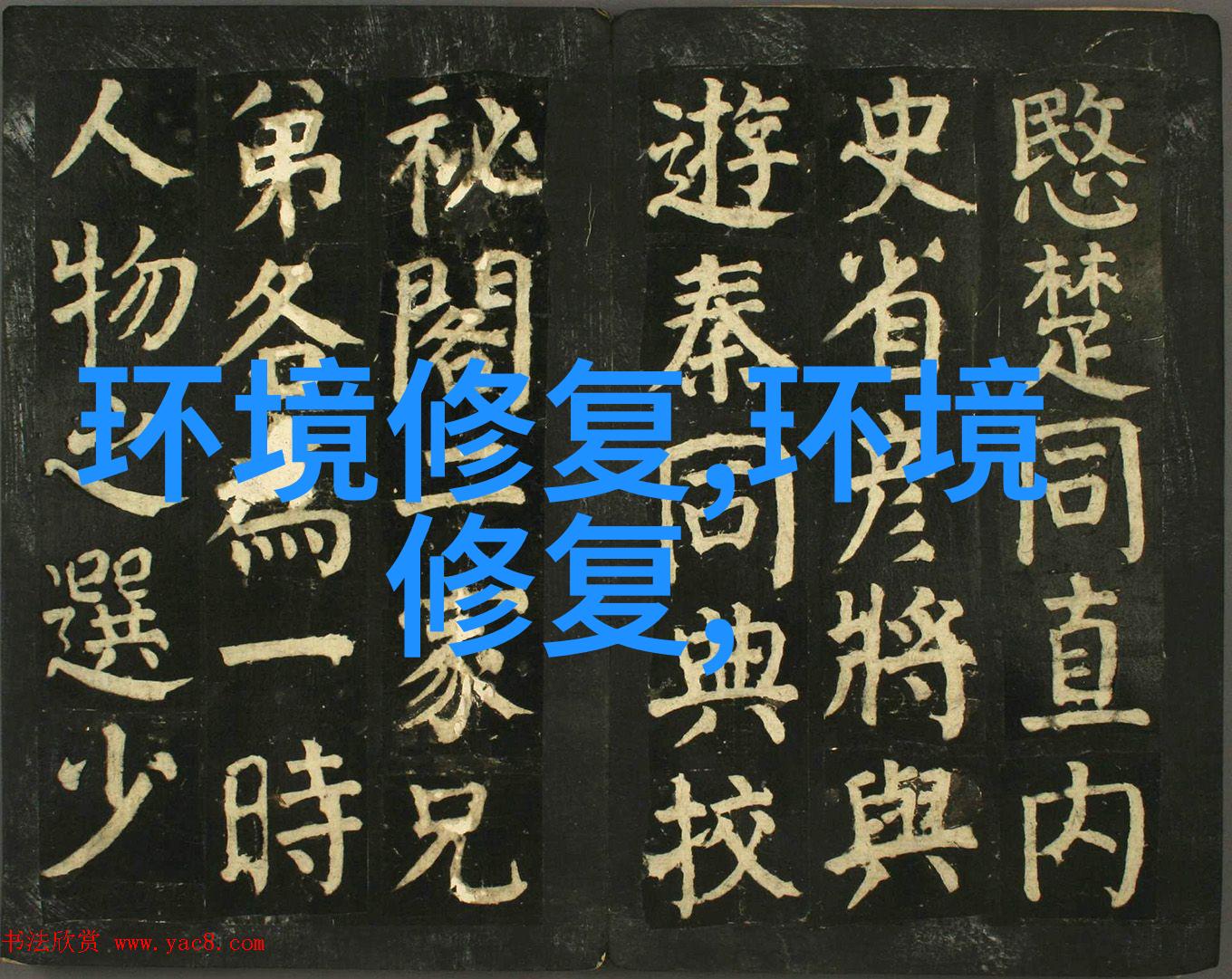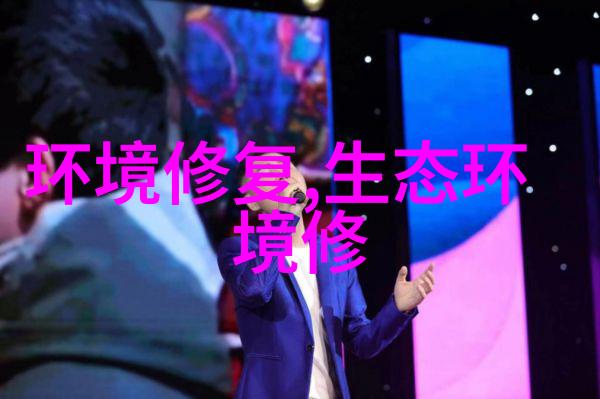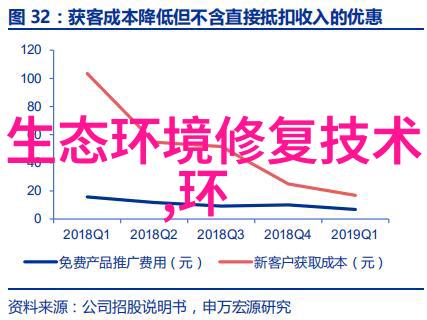如何选择合适的胶水过滤器?

在工业生产中,胶水是连接材料的重要媒介,它可以使不同材料紧密结合,从而提高产品的质量和耐用性。然而,不同类型的胶水有不同的特性,如粘度、固化时间、耐温等,因此需要根据具体使用场景来选择合适的胶水。在这个过程中,一个不可或缺的工具就是胶水过滤器。
胶水过滤器工作原理是什么?

gelatinous filter, also known as adhesive filtering system, is a crucial tool in the process of selecting and using adhesives. The working principle of this system is quite simple yet effective. It separates impurities from the adhesive liquid by passing it through a porous membrane or mesh screen. This process ensures that only clean and pure adhesive reaches the application site, thereby enhancing bonding efficiency and product quality.
为什么我们需要高效率胶水处理系统?

High-efficiency glue processing systems are essential for modern manufacturing industries due to their ability to significantly improve production efficiency while minimizing waste. These systems can handle large quantities of adhesives quickly and accurately, reducing labor costs and increasing overall productivity. Moreover, they ensure consistent output quality by removing contaminants that could affect the bonding strength.
如何设计一个有效的胶水处理流程?

Designing an effective glue processing flow involves several key steps: first, select appropriate materials for your specific application; secondly, choose suitable equipment such as pumps or mixers; thirdly, consider implementing proper storage conditions to maintain adhesive properties; fourthly, establish a cleaning schedule to prevent contamination buildup; lastly but not leastly integrate monitoring tools to track performance indicators.
在实际应用中如何操作并维护这些设备?

In practical applications involving high-efficiency glue processing systems, operators must follow strict guidelines for operation and maintenance. For instance: regular cleaning should be performed on all components to prevent clogging or damage caused by contaminants; filters need replacement according to manufacturers' recommendations based on usage rates; routine inspections are necessary for detecting potential issues before they escalate into major problems.
环保因素对选购和使用高效率膠膜過濾系統有哪些影响?
The environmental impact of choosing and utilizing high-efficiency glues filtration systems cannot be ignored in today's eco-conscious world. Manufacturers often seek sustainable options when selecting adhesives that meet stringent environmental standards without compromising performance requirements. Furthermore these filtration devices themselves should be designed with recyclable materials whenever possible thus contributing towards lessening our ecological footprint throughout every stage of production processes.
未来的发展趋势:智能化与自动化
As technology continues advancing at an unprecedented pace we can expect future developments in both smart control technologies integrated into these filtration units as well automation levels reached within entire manufacturing lines where such devices play critical roles In terms of smart controls advancements will allow real-time monitoring remote management optimization algorithms integration with other factory equipment And regarding automation improvements will lead toward higher precision reduced human error increased throughput ultimately driving further cost reductions better product quality along with more efficient use resources




